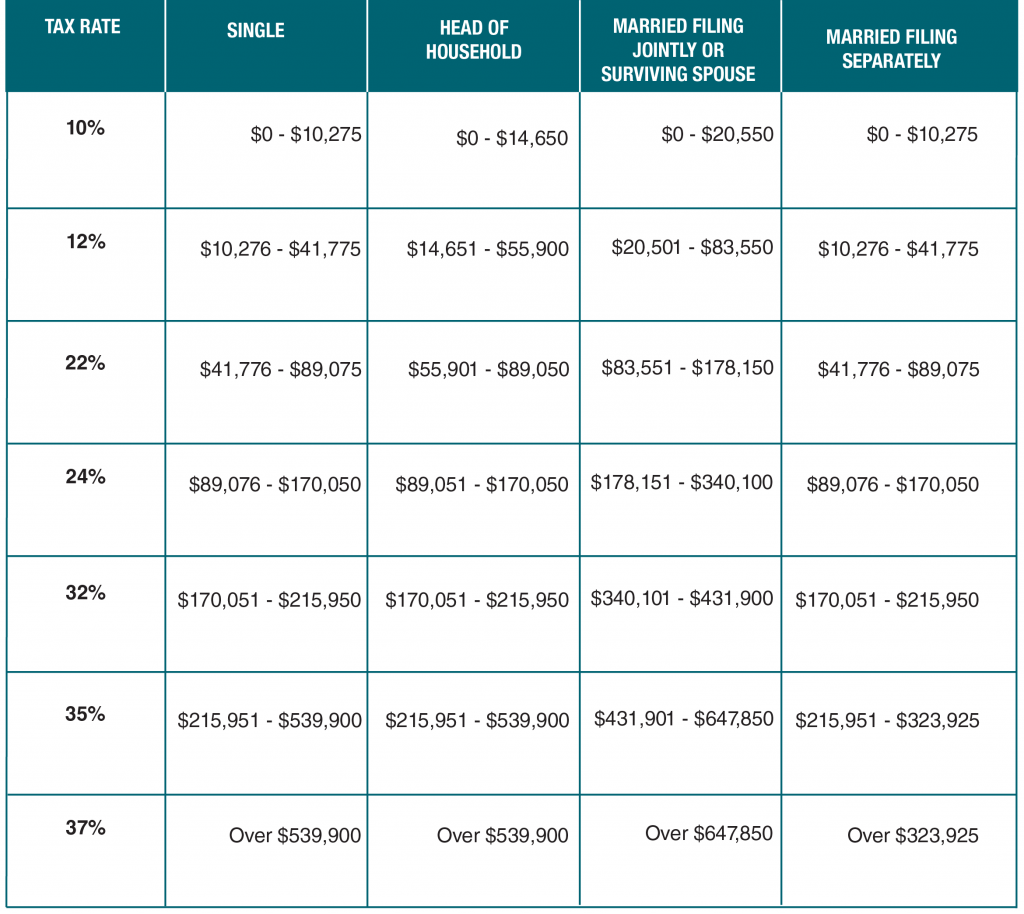

5 This change took effect when the Bill became law on November 18, 2021. If such information is not timely provided, the secretary may propose any allowable adjustment.

The Bill expands the scope of information that can be requested to include (1) financial or tax documents the Secretary deems necessary to determine the appropriate adjustments to net income, or (2) a combined return. North Carolina law also requires taxpayers to provide information to the secretary upon the secretary's request. North Carolina law authorizes the Secretary to adjust net income or require a combined return.

For mergers and acquisitions that occurred before January 1, 2015, the secretary must apply the standards under N.C.G.S. This change applies to tax years beginning on or after January 1, 2015. The Bill also requires the revenue secretary (Secretary) to apply the standards in the regulations under IRC Sections 381 and 382 when determining the extent a loss survives a merger or acquisition. 3 This change applies retroactively to tax years beginning on or after January 1, 2018. 2įor purposes of the state's addback provision for related-party interest expense, the Bill modifies the definition of "qualified interest expense" so that the state limitation on deductions for the proportional share of interest paid to a related member does not apply to the extent that the interest paid has already been disallowed under IRC Section 163(j). The rate decreases to 2% in 20 and to 1% in 20. The Bill lowers the corporate tax rate to 2.25% for tax years beginning on or after January 1, 2025. The Bill phases out the current 2.5% corporate income tax rate over five-years starting in 2025, reaching zero by 2030. Tax provisions in the Bill generally are effective for tax years beginning January 1, 2022, unless otherwise noted. The Bill enacts the state's $52.9 billion general fund budget for each year of the fiscal biennium beginning Jthrough June 30, 2023.
#Tax brackets 2021 married jointly standard deduction code
The Bill (1) phases out the corporate income tax (2) simplifies the franchise tax base (3) establishes an elective tax on pass-through entities, such as partnerships, S corporations and limited liability companies (PTEs) (4) updates North Carolina's conformity to the Internal Revenue Code (IRC) and loan forgiveness under the Paycheck Protection Program (PPP) (5) reduces individual income tax rates and (6) increases the individual standard deduction and child deduction, among other tax law changes. SL 2021-180, Senate Bill 105) (Bill), 1 which affects various North Carolina taxes. On November 18, 2021, Governor Roy Cooper (D) signed into law the 2021 Appropriations Act (2021–2022 N.C. North Carolina enacts significant tax law changes for businesses and individuals


 0 kommentar(er)
0 kommentar(er)
